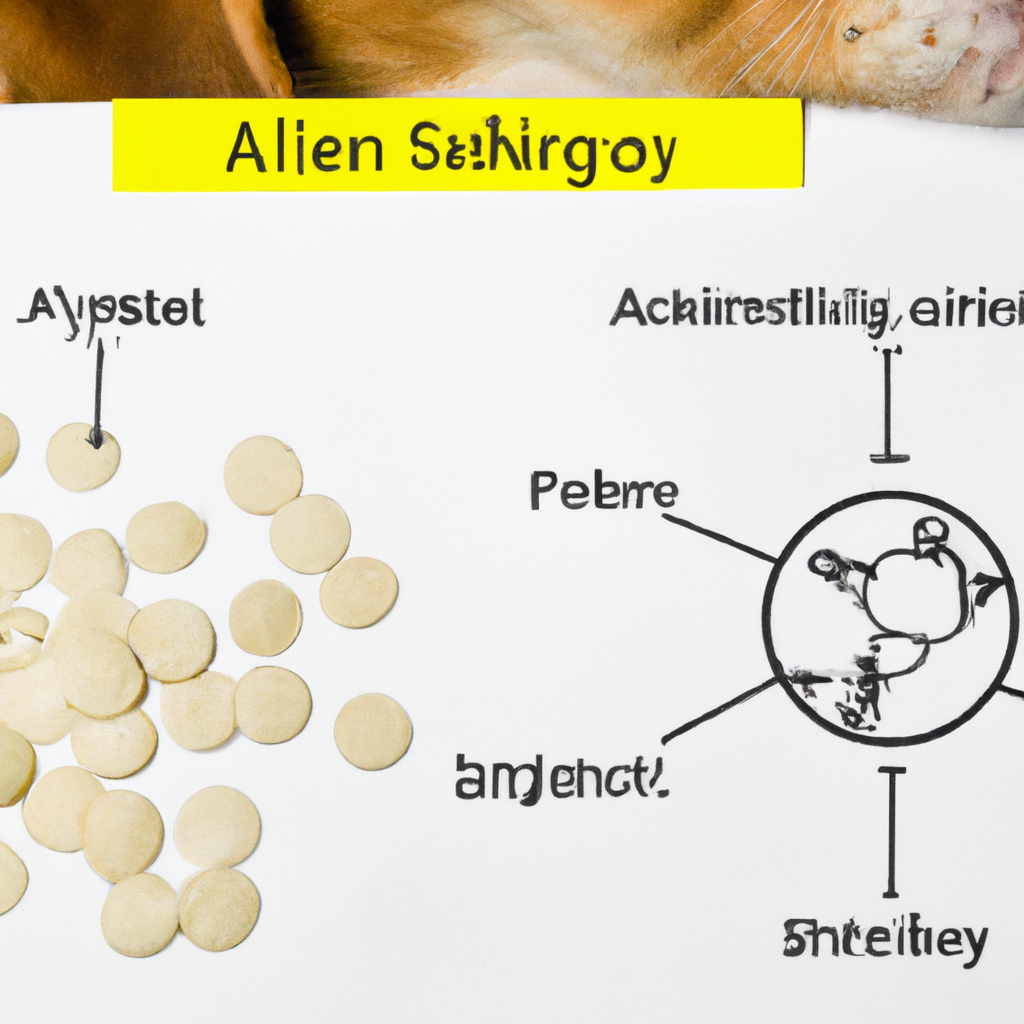Tips for Preventing and Treating Skin Infections in Dogs
Tips for Preventing and Treating Skin Infections in Dogs Introduction As pet owners, we want our dogs to be

Tips for Preventing and Treating Skin Infections in Dogs

Introduction
As pet owners, we want our dogs to be healthy and happy. However, skin infections can cause discomfort and distress to our furry friends. To ensure the well-being of your canine companion, here are some essential tips for preventing and treating skin infections in dogs.
Regular Grooming
Grooming plays a crucial role in preventing skin infections. Regularly brush your dog’s coat to remove dirt, debris, and dead hair that may cause irritation. Additionally, keep an eye out for ticks, fleas, and other parasites that can contribute to skin problems.
Diet and Nutrition
Proper nutrition is vital for maintaining healthy skin. Ensure your dog’s diet contains essential fatty acids, vitamins, and minerals that promote good skin health. Consult your veterinarian for advice on the best diet for your dog’s specific needs.
Avoid Allergens and Irritants
Identify and avoid potential allergens and irritants that may trigger skin infections in your dog. Common allergens include pollen, certain foods, and household chemicals. If your dog has a known sensitivity, limit exposure and consider hypoallergenic products.
Regular Bathing
Bathing your dog helps keep their skin clean and free from infection-causing bacteria. Use a gentle, dog-specific shampoo and avoid excessive bathing, as it can strip away natural oils that protect the skin.
Keep Your Dog’s Environment Clean
A clean living environment can prevent the development and spread of skin infections. Regularly clean your dog’s bedding, toys, and living areas to minimize the presence of pathogens. Vacuuming regularly also helps remove allergens from carpets and furniture.
Consult a Veterinarian
If you notice any signs of a skin infection in your dog, such as redness, itchiness, hair loss, or foul odor, it’s crucial to seek professional advice. A veterinarian can accurately diagnose the infection and provide appropriate treatment options.
Conclusion
Healthy skin is essential for your dog’s overall well-being. By following these tips for preventing and treating skin infections in dogs, you can help ensure your furry companion stays happy, comfortable, and infection-free.







